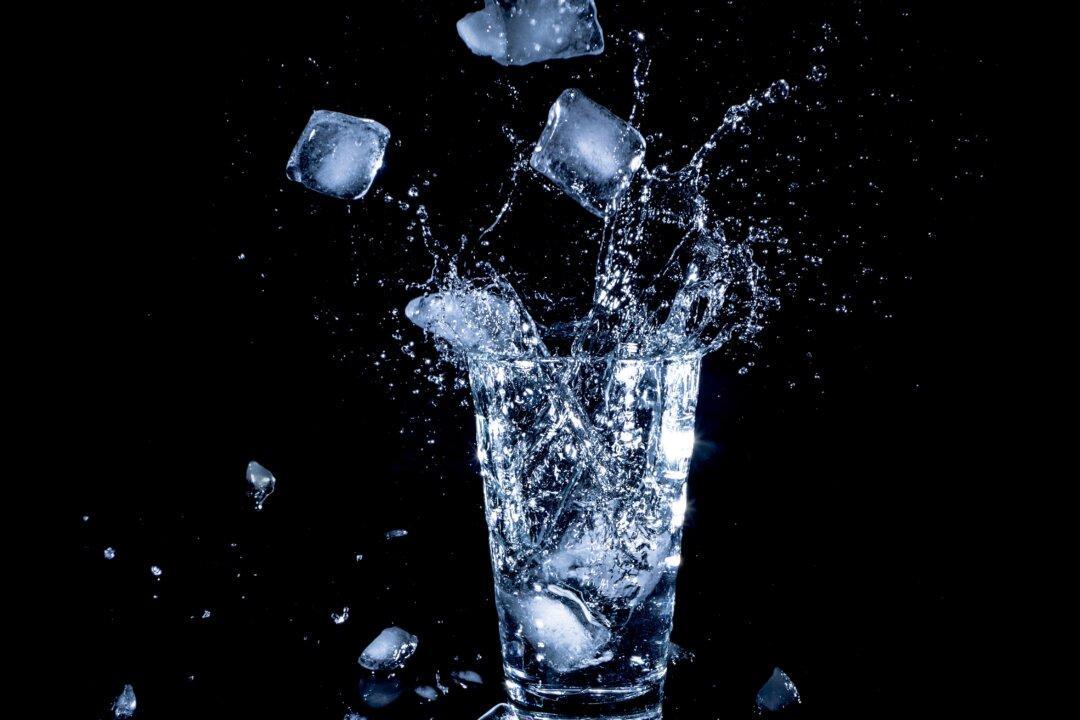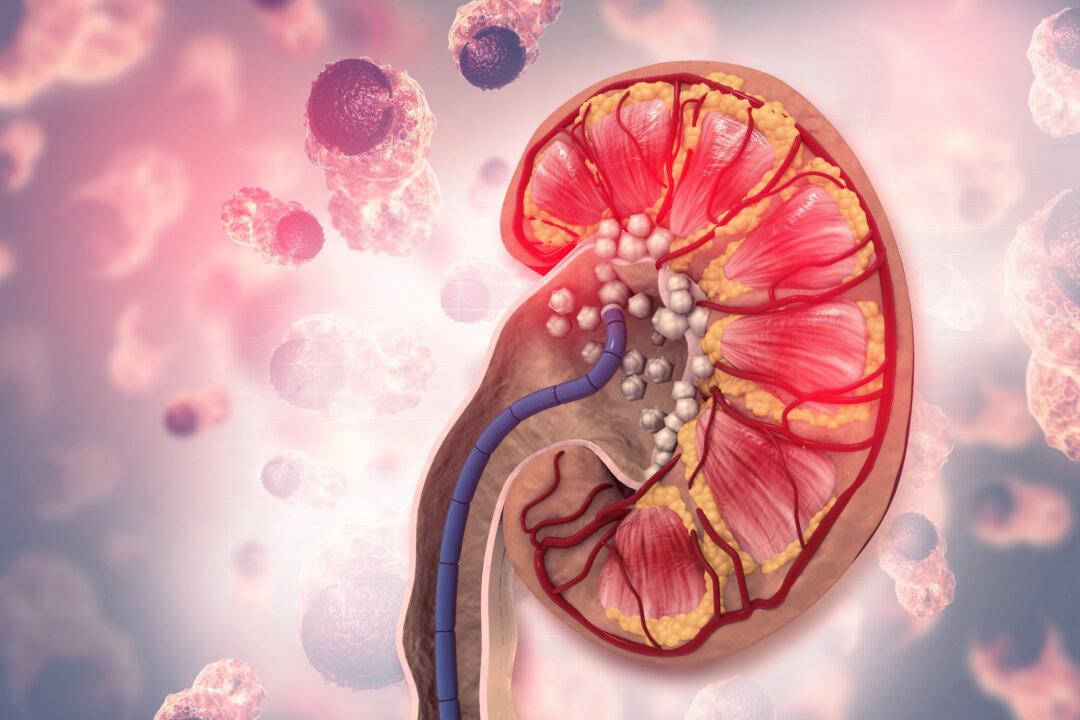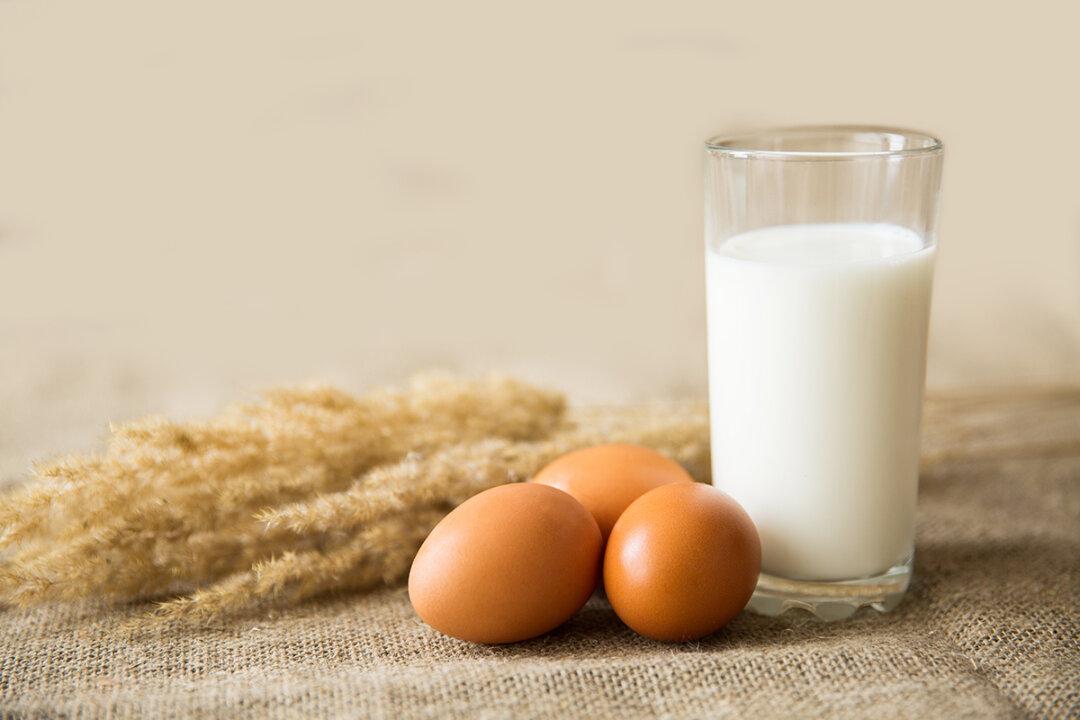Drinking water is an essential part of life, but drinking water in the “wrong” way may do more harm than good. Sometimes, it may even be life threatening.
Mistake 1: Drinking An Excessive Amount of Water
Some people think that the more water you drink a day, the better, and this is taken to an extreme degree where they drink a lot of water within a short amount of time. This, however, is harmful to your body and may lead to some symptoms.Dr. Gyaltsen Lobsang, preventive medicine expert and director of Dr. Lobsang Preventive Medicare Clinic, said that drinking too much water at one time can cause flatulence and nausea, while at the same time adding unnecessary stress to the heart and kidneys. Drinking too much water at one time forces the kidneys to expel excess water from the body, which consequently also causes fatigue.






